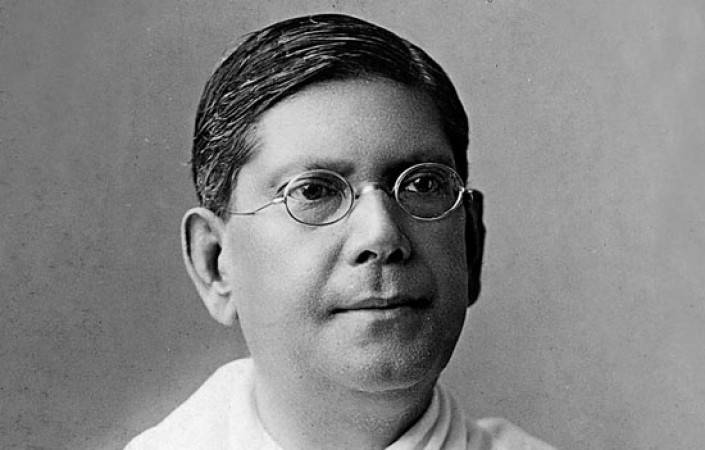
Chittaranjan Das, commonly known as Deshbandhu, was an eminent freedom fighter and a key political figure during India's struggle for independence from British colonial rule. Born on November 5, 1870, in Bengal, Das played a pivotal role in shaping the course of India's political landscape during the early 20th century. This article delves into the life and contributions of this visionary leader, highlighting his significant impact on the Indian independence movement.
Early Life and Education
Chittaranjan Das was born into a Brahmo family, which instilled in him a strong sense of values and principles. He received his early education at the Hamilton School and later went on to study at the St. Xavier's School in Kolkata. His exceptional academic performance earned him a scholarship to King's College, Cambridge, where he pursued his higher studies in law. The exposure to Western political ideologies during his time in England greatly influenced Das's later political beliefs.
Entry into Politics
After completing his studies, Chittaranjan Das returned to India and began his legal practice in Calcutta High Court. However, his passion for politics soon led him to actively engage in the Indian National Congress, advocating for self-rule and greater autonomy for India. His eloquence and charismatic personality quickly gained him popularity within the political circles.
Role in the Non-Cooperation Movement
Chittaranjan Das played a significant role in the Non-Cooperation Movement launched by Mahatma Gandhi in 1920. He actively supported Gandhi's call for boycotting British institutions, promoting indigenous goods, and non-violent resistance against the colonial regime. His fiery speeches and unwavering commitment to the cause inspired countless Indians to join the struggle for independence.
Founding of Swaraj Party
Disillusioned by the suspension of the Non-Cooperation Movement, Chittaranjan Das, along with Motilal Nehru, founded the Swaraj Party in 1923. The party aimed to enter the legislative councils and work towards achieving self-governance within the framework of British rule. Das's pragmatic approach to politics and his emphasis on constitutional methods garnered attention from various sections of society.
Contributions to Indian Independence Struggle
As a prominent leader of the Swaraj Party, Chittaranjan Das continued his fight for India's independence. He strongly advocated for Indian representation in the governance of the country and vehemently opposed oppressive colonial policies. Das's leadership skills and ability to bridge ideological differences within the Indian National Congress contributed significantly to the unity of the freedom movement.
Legal Career and Advocacy
Apart from his political pursuits, Chittaranjan Das was a distinguished lawyer known for his brilliant courtroom performances. He fearlessly fought for the rights of the oppressed and underprivileged sections of society, earning him the title of "Deshbandhu" or "Friend of the Nation." His legal acumen and deep empathy for the common people made him a revered figure in both political and legal spheres.
Legacy and Impact
Chittaranjan Das's untimely death on June 16, 1925, was a great loss to the nation. However, his legacy continued to inspire generations of leaders and freedom fighters in India's struggle for independence. His vision for a united, democratic, and inclusive India resonates to this day and serves as a guiding light for the nation's progress.
Chittaranjan Das as a Visionary Leader
Chittaranjan Das was not just a political figure but also a visionary leader who envisioned an India free from the shackles of colonial rule, where justice, equality, and liberty prevailed. His dedication to the welfare of the masses and his unwavering commitment to the principles of democracy make him an icon of India's freedom movement. Chittaranjan Das, the "Deshbandhu," was a stalwart in India's struggle for independence. His significant contributions to the freedom movement and his indomitable spirit continue to inspire generations. As we celebrate his legacy, let us remember his vision for a free and prosperous India and work towards upholding the values he cherished dearly.
UCC: Karnataka CM Accuses Centre of Unnecessary Controversy
A Stunning Adventure in the World of Acting
The Seven Best Vegetarian Bengali Snacks, from Chanar Cutlet to Alur Chop